Category: Poetic living
-
Seeing the Forest for the Trees: Revision as Receptivity for Depth and Change
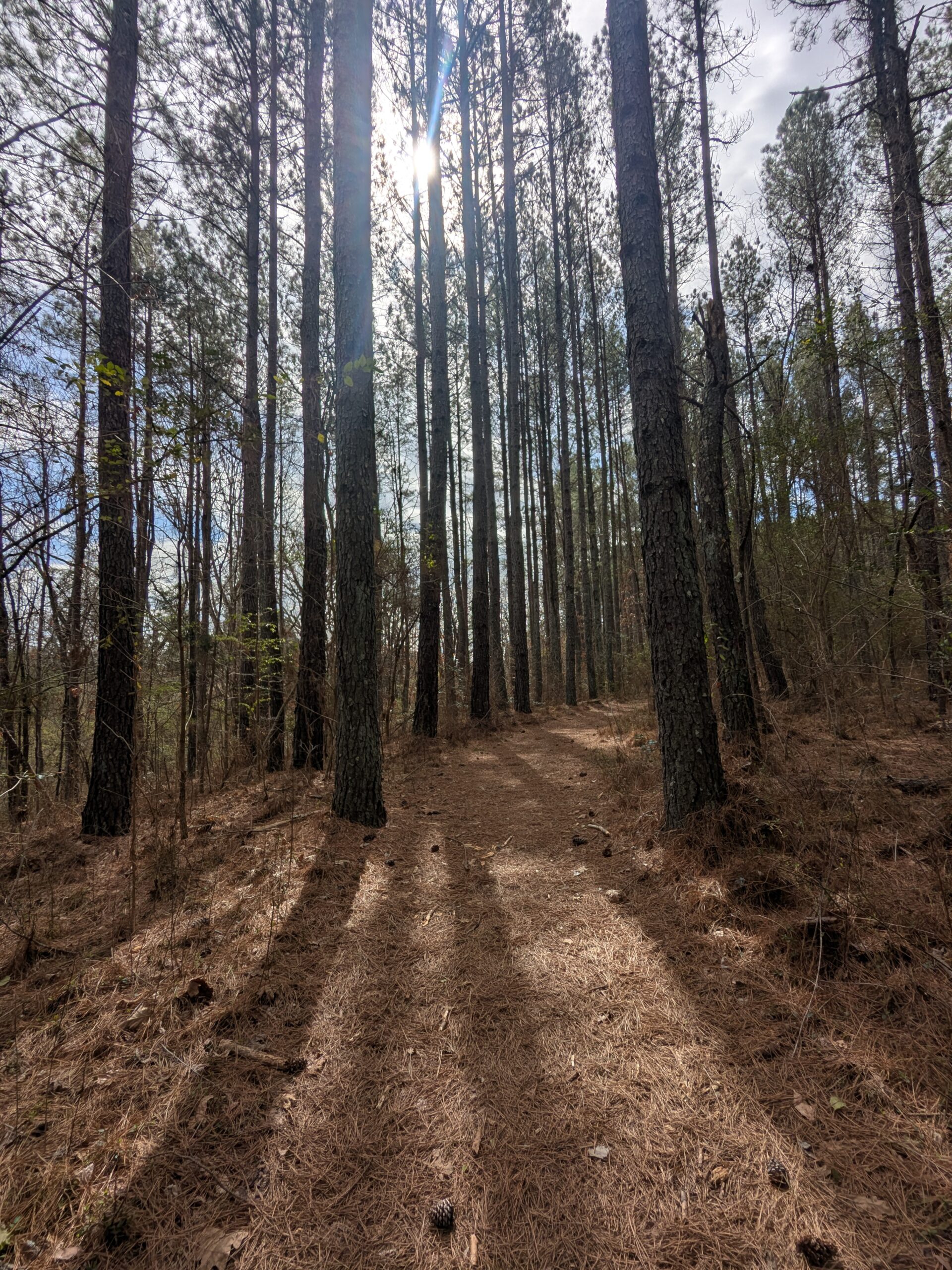
Revision: “making a subsequent draft better than a previous one.” But what does “better” mean when I’m trying to ground myself in “writing as a way of being” or “writing for writing’s sake” and not writing with an end-goal, a linear, teleological purpose? How do I adopt a purposeless purposefulness? The more I have written… Read more
-
From Johnson to Leopold: Dull Certainty to Humble Wonder
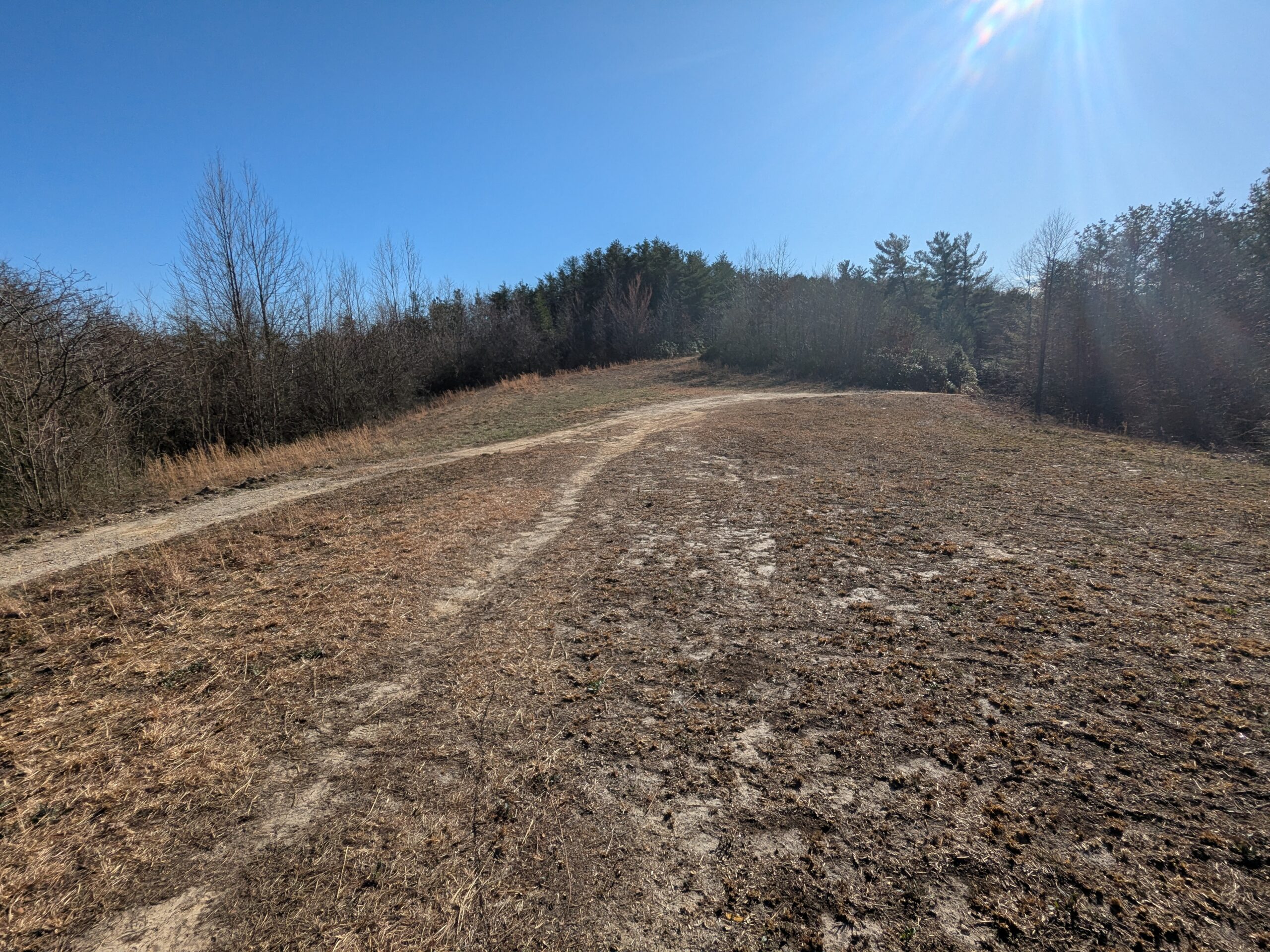
This semester my writing students and I have been exploring in a class I’ve called “Representations of Nature.” Part of our task has been to study how writers past and present have represented their relationship with or cultural perspective of nature via essays, poetry, almanacs, and fiction. Along the way we have our own weekly… Read more
-
We Still Read (Medieval Poetry): Gawain’s Failure as Success
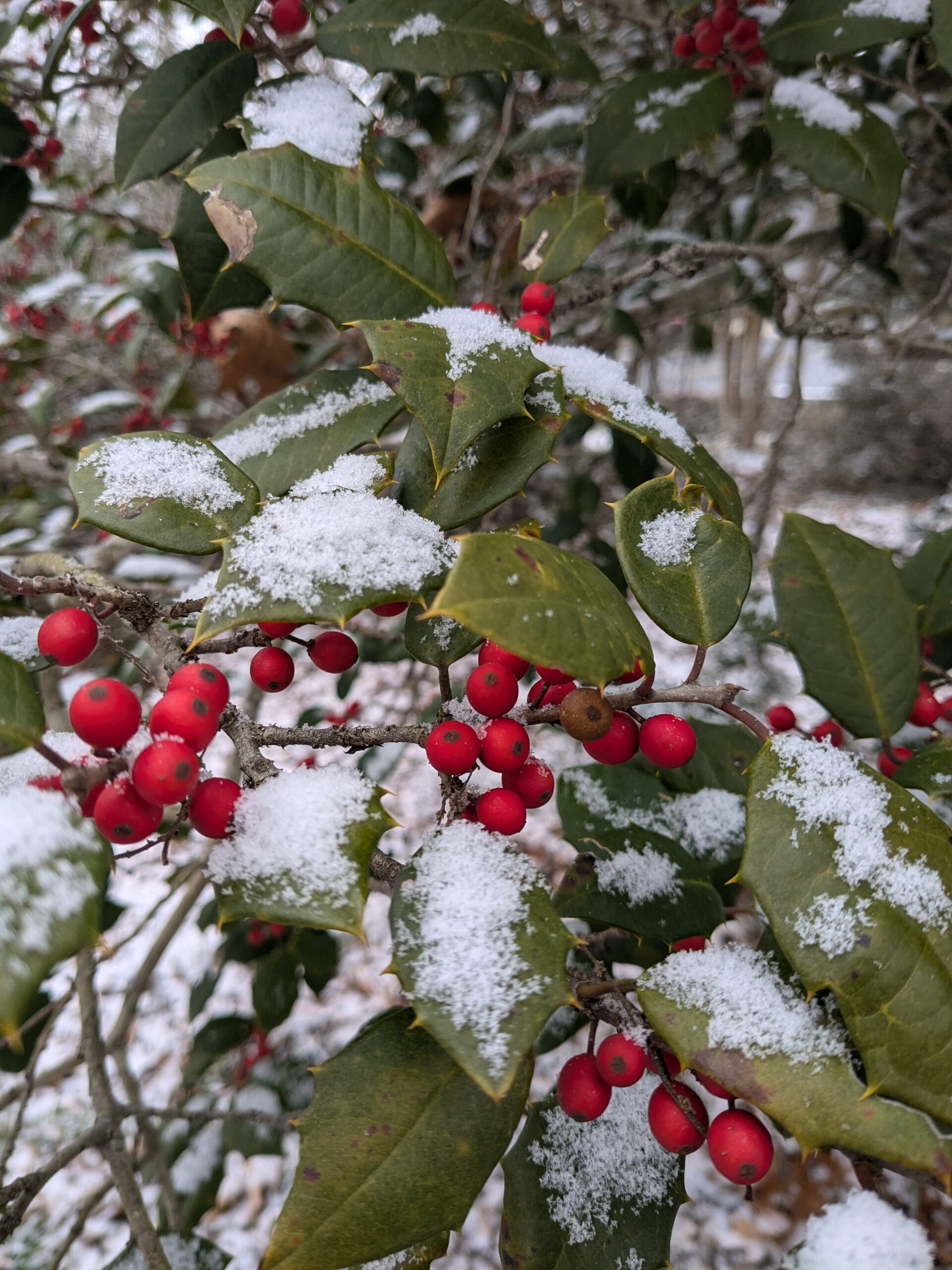
Last year I assigned my college composition class to read the medieval Romance poem Sir Gawain and the Green Knight (“GGK”). I had spent time studying it over the past year, and, with the help of the book Approaches to Teaching Sir Gawain and the Green Knight, I couched the reading of it within the… Read more
-
Dogmagic Poetry: Hiking Sketches, August 2024
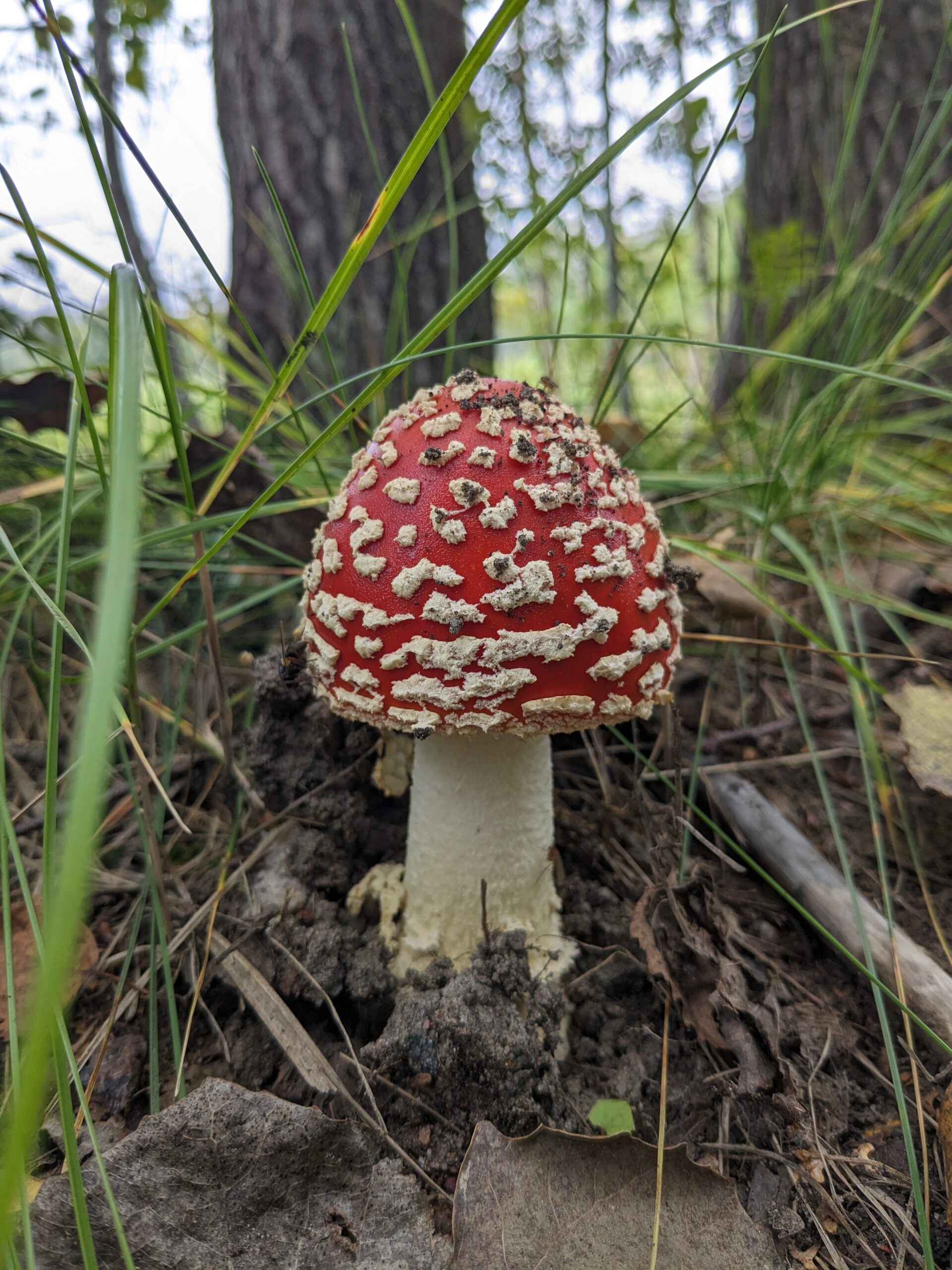
Feeling washed out as the footbridge across Hoyle Creek Tributary. Its sand banks are slippery and soft, so the dog and I inch down to cross the slow flow that had just recently flooded. Mushrooms dot the forest floor from recent rain, all colors of them: white, orange, rust, yellow, red. The white ones are… Read more
-
Let’s Behead Ourselves: Living As Symbols, Not Images
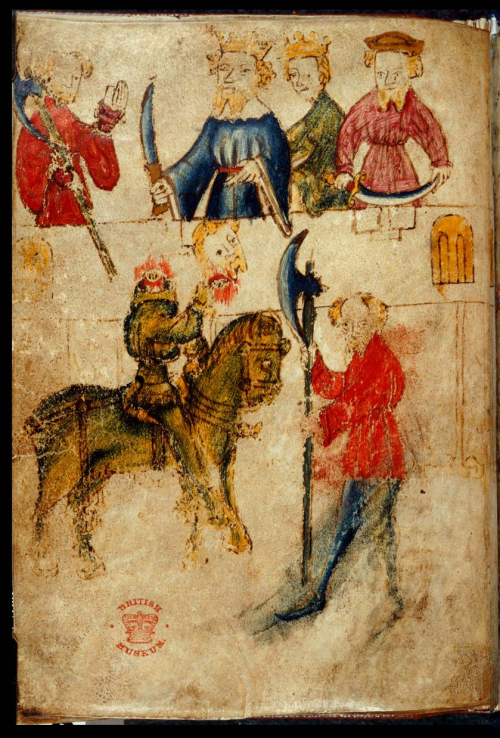
As I spend time thinking about language and its imperfections, how it only reveals slivers of truths, not a whole truth, I discover how easily we deceive ourselves into believing we could possibly ever know something wholly. Take self-identity for an example. We define ourselves by our jobs, at least in the U.S., in such… Read more
-
The Bridge of Bear Mother: Ancient Slumber and Quickening
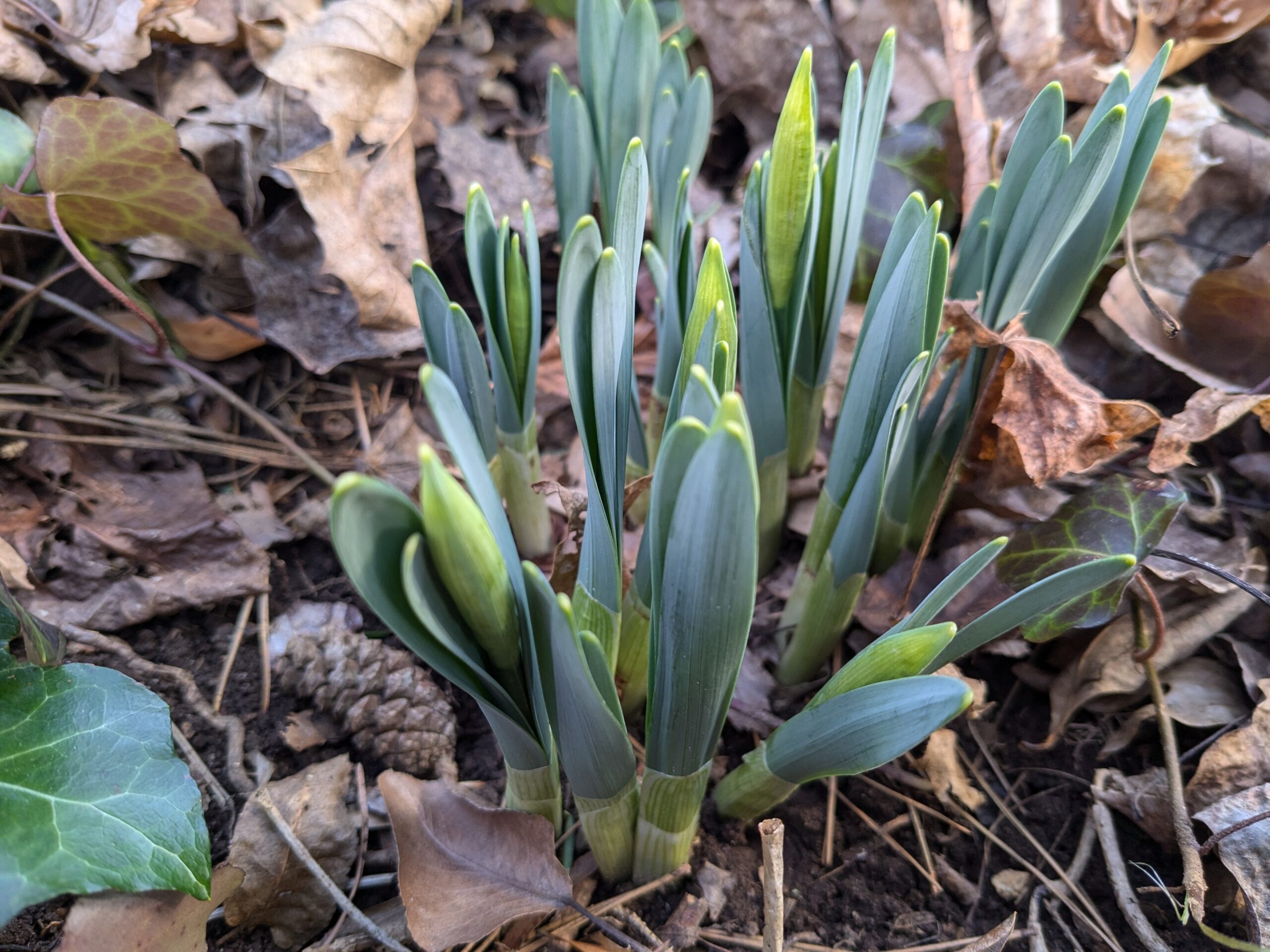
St. Brigid, Imbolc, and the 5 of Cups The bridge draws my eye first along its breadth, the bridge to which the figure in the image looks, the thing that connects one bank to another. What draws us together in this way? St. Brigid, her quickening breath that had slowed for winter slumber, warm and… Read more
-
Resting but Ready
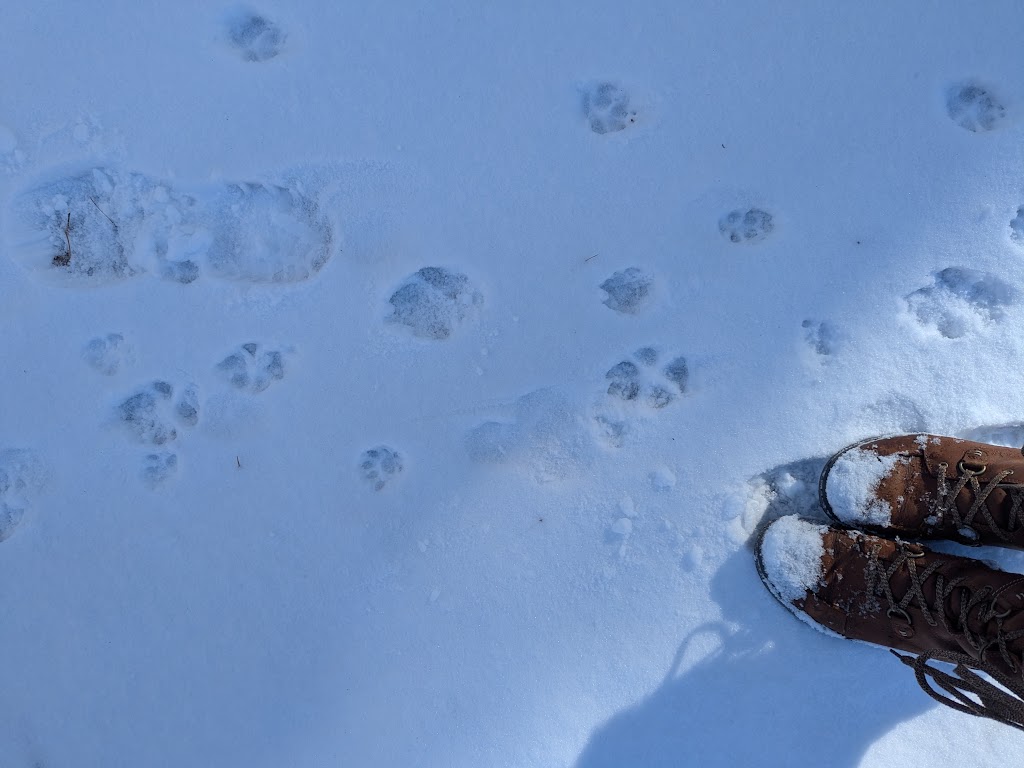
Hibernation is always on my mind, particularly in the season when it’s at least somewhat socially acceptable. This week I’m thinking about hibernation in terms of the Tarot card Strength, which has an image of a woman holding the mouth of a lion. Whether she’s shutting it or keeping it open, I’m not sure. Strength… Read more
-
Wisdom from Riddles
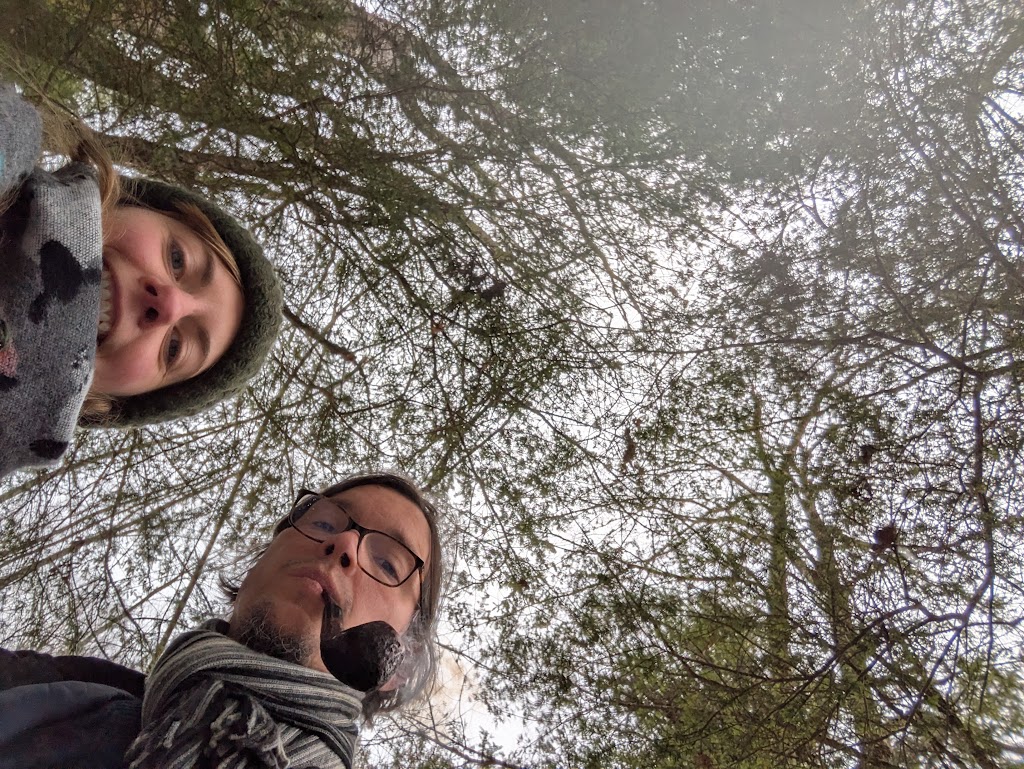
Bard by Morgan Llewelyn has a great passage about a society too focused on the material world: The speaker describes two roads to take: “One would develop the forces locked within our minds; the other direction led to the constant refinement of tools and weapons, increasing reliance on matter rather than spirit. In choose the… Read more
-
The Emptiness of Letting Go
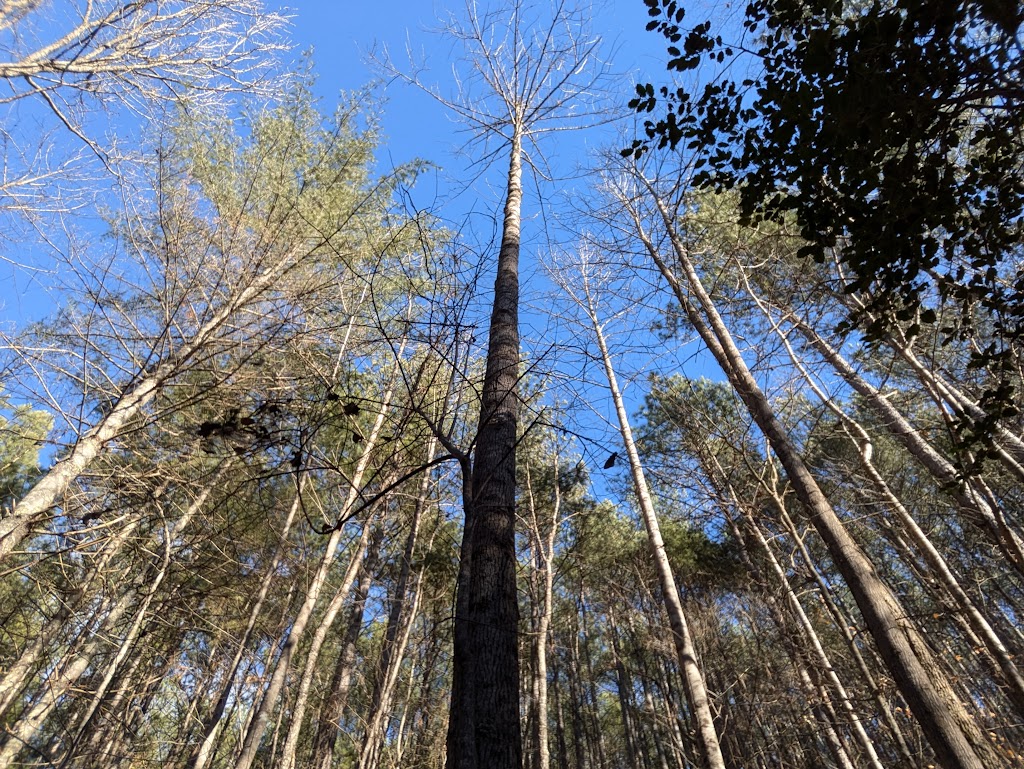
I practice the tradition of doing something New Year’s day that sets the tone for the year: I always go hiking. This year I hiked at my local park, Lakeside, with my Rottweiler mix Losi, and followed Bobcat Way, then Shade Seeker, and completed the circle by finishing on the Outer Loop. Though the parking… Read more
-
Linda Hogan’s poem “Eucalyptus” and Imagining the Self
By losing herself, the speaker in Linda Hogan’s poem finds herself: “and like the tree I can lose myself/layer after layer.” “Eucalyptus,” the first poem in her collection Rounding the Human Corners, though it begins in the present, quickly references the ancient past to draw upon its wisdom (“the others are… Read more